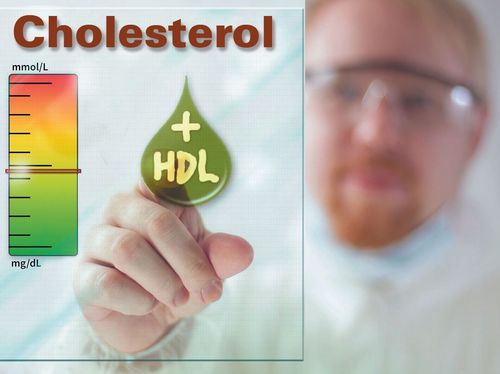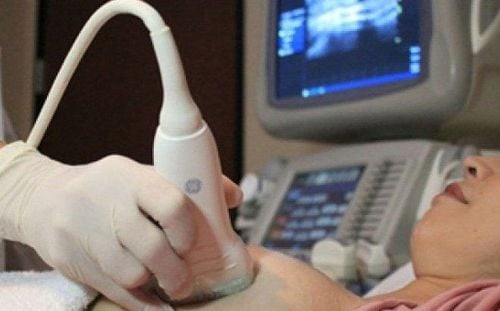This is an automatically translated article.
Hypercalcemia is a common syndrome in patients with lung cancer, blood cancer, multiple myeloma, ... this condition makes the prognosis worse, even life-threatening. Therefore, reducing side effects such as hypercalcemia is an important part of cancer care and treatment. So what to do with hypercalcemia in cancer?
1. Causes of hypercalcemia in cancer patients
Hypercalcemia in cancer patients is often related to the destruction and release of calcium from the bone through 3 mechanisms:
Metastasis causes bone destruction (20%): because calcium in the body is concentrated mainly in Bones should be destroyed for some reason, calcium will also enter the blood, causing hypercalcemia Secretion of parathyroid hormone: parathyroid hormone has the function of controlling calcium levels in the blood, is a stimulating factor Stimulates the excretion of calcium from the bones into the blood and increases the reabsorption of calcium in the renal tubules. In some cases, the tumor may secrete a parathyroid hormone-like hormone that increases blood calcium The tumor produces 1,25-dihydroxy vitamin D, which causes bone resorption and increases the absorption of calcium in the small intestine into the blood. In addition, it also causes bone destruction. In addition, cancer patients often lie down without exercise for a long time, making bones easy to decompose, releasing calcium into the blood. Patients undergoing chemotherapy and radiation therapy also often vomit and have diarrhea, which reduces the amount of urine, making it difficult for the kidneys to remove excess calcium from the blood.
2. Manifestations of hypercalcemia in cancer patients
Cancer patients with hypercalcemia will have symptoms suggestive of organs such as digestive, nervous, cardiovascular:
Fatigue, nausea, abdominal pain can be as severe as acute pancreatitis or obstruction. bowel Depression, headache, somnolence, even coma Muscle pain, cramps, muscle spasticity High blood pressure, diabetes Prerenal renal failure due to dehydration or physical renal failure due to calcium deposition Also tests Quantitative blood calcium test results in blood calcium > 2.6 mmol/l, ionized calcium > 1.3 mmol/l. Electrocardiogram may have atrial fibrillation, ventricular fibrillation. Biochemical tests have protein, albumin decreased, urea, blood creatinine increased
3. Treatment of hypercalcemia in cancer
Treatment of hypercalcemia in cancer patients is based on the following 3 methods:
3.1 Increase calcium excretion Replenish blood volume, increase diuresis (extrarenal filtration): isotonic fluid replacement (with caution in patients with heart failure). , CKD). Magnesium sulfate for 1g per liter of solution. Loop diuretics after volume replacement and hemodynamic stability.
Perform peritoneal dialysis or hemodialysis: in case of severe hypercalcemia without response to the above treatment, the patient has kidney failure, pulmonary edema
3.2 Decreased calcium absorption Do not put much calcium into the body through the digestive tract Use corticosteroids if vitamin D excess 3.3 Enhance calcium attachment to bone Calcitonin: dose 250-400 units mixed with isotonic saline intravenous infusion over 6-8 hours Combined with bisphosphonate Best to ensure the best health For patients, when having hypercalcemia, the patient should consult a specialist doctor for appropriate indications.
Vinmec International General Hospital is one of the hospitals that not only ensures professional quality with a team of leading medical doctors, a system of modern equipment and technology. The hospital provides comprehensive, professional medical examination, consultation and treatment services, civilized, polite, safe and maximum sterilization space. Customers when choosing to perform tests here can be completely assured of the accuracy of test results.
Please dial HOTLINE for more information or register for an appointment HERE. Download MyVinmec app to make appointments faster and to manage your bookings easily.













